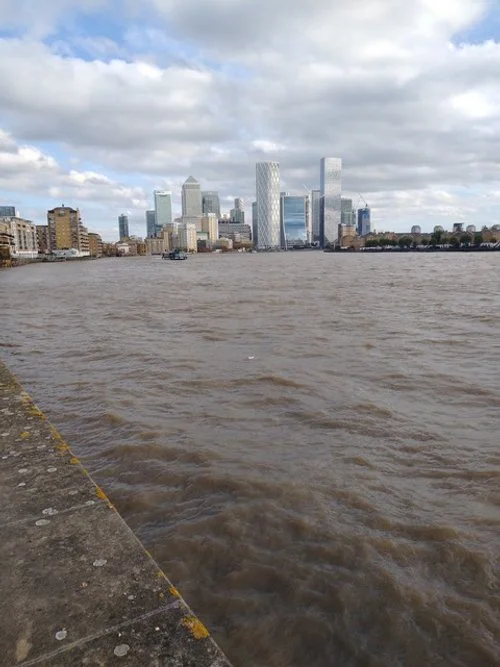The Bill to revoke retained EU law, or to allow Ministers to re-write it at will, and without reference to the public or Parliament, has been continuing its progress through House of Commons Committee.
ENVIRONMENT AGENCY CEO PROPOSES LOWER WATER QUALITY STANDARDS
RETAINED EU LAW (REVOCATION AND REFORM) BILL PASSES SECOND READING
On 25 October 2022, the same day that Rishi Sunak became Prime Minister, the Retained EU Law (Revocation and Reform) Bill was given its Second Reading in the House of Commons, and will now go for consideration in a Public Bill Committee. The Bill contains a sunset date of 31 December 2022 for 2,400 pieces of “retained EU law”, including 570 pieces of environmental law. By this date these laws will be revoked, unless they are re-enacted or replaced by whatever alternative Ministers or the Devolved Administrations consider appropriate.
ENVIRONMENTAL TARGETS: MISSING, INACTION
On 29 October 2022 the new Secretary of State for Environment, Food and Rural Affairs, Therese Coffey, announced that the UK government was unable to meet its own statutory deadline of 31 October 2022, set in its own Environment Act 2021, for setting the minimum number of key environmental targets required by that legislation. It is apparently still working through the 180,000 responses from the public about its earlier consultation on environmental targets.
UK GOVERNMENT PROPOSES REVOCATION OF 570 ENVIRONMENTAL LAWS
UK government proposals to dispense with all remaining EU “retained law” carried over from Brexit include plans to revoke 570 pieces of environmental legislation by the end of 2023. Every aspect of environmental legislation (water, air quality, waste, chemicals, pesticides), and laws on agriculture, fisheries and much else will be affected.
UNDERMINING THE CONSTITUTION IS NO BUSINESS OF GOVERNMENT
It turns out that there are at least two ways in which you can subvert an unwritten constitution. The government of Boris Johnson has tried both of them. First, you can ignore unwritten rules, constitutional conventions and observance of the rule of law with an unrestrained contempt that sends the message that such rules are for the ‘little people’. Secondly, you can use a Parliamentary majority to bring in increasingly illiberal legislation that removes rights and undermines constitutional protections against unrestrained executive action.
The Queen on the application of Friends of the Earth Ltd, ClientEarth, the Good Law Project and Joanna Wheatley v Secretary of State for Business, Energy & Industrial Strategy
UNITED NATIONS GENERAL ASSEMBLY RECOGNISES CLEAN, HEALTHY, SUSTAINABLE ENVIRONMENT AS HUMAN RIGHT
BREXIT FREEDOMS BILL, PARLIAMENT AND A BONFIRE OF ENVIRONMENTAL LAWS
U.S. SECURITIES AND EXCHANGE COMMISSION PROPOSES GROUNDBREAKING CLIMATE-RELATED DISCLOSURES FOR INVESTORS
CLIENTEARTH LEGAL ACTION AGAINST SHELL BOARD AND DIRECTORS
A POINT IN TIME: DISCUSSING ENVIRONMENTAL LAW IN MARIUPOL, UKRAINE
In September 2006 I had the good fortune to be invited to speak at a conference in Mariupol, Ukraine, on the ‘Effective Implementation of Environmental Laws’. What is happening there now has reminded me of a visit to Ukraine at a point in time when it was still emerging from its Soviet past, and of earlier witnessing the Berlin Wall and life behind the Iron Curtain.
EU PROPOSAL FOR CORPORATE SUSTAINABILITY DUE DILIGENCE DIRECTIVE
On 23rd February 2022, the European Commission published a legislative proposal for a new Directive on Corporate Sustainability Due Diligence. Although the proposed Directive remains to be negotiated and will have a lead in period before implementation, it is likely to have an immediate impact in signalling the likely direction of travel for major companies in the EU and beyond.



















